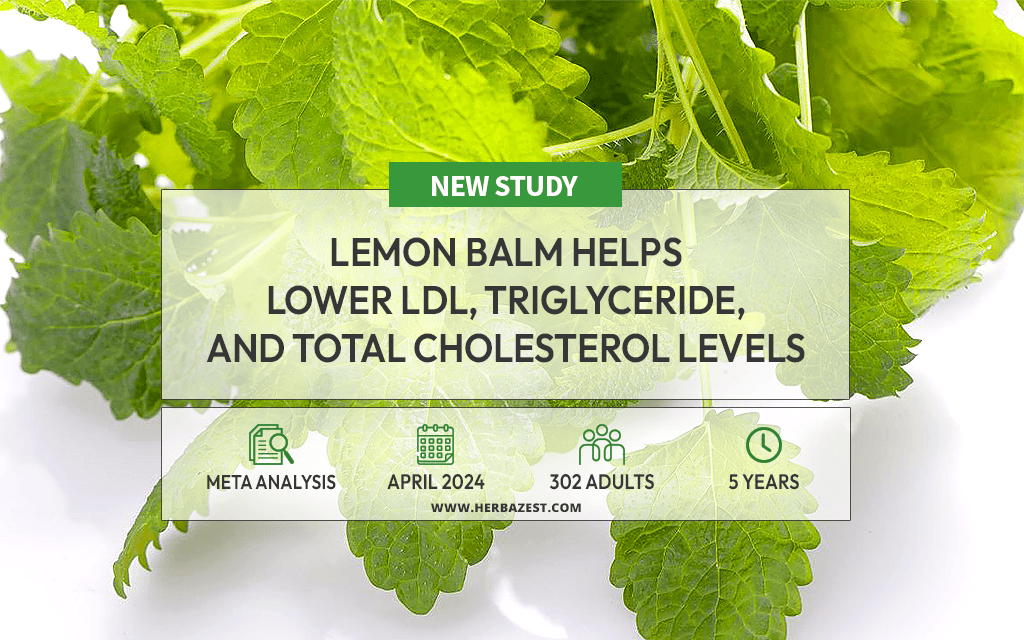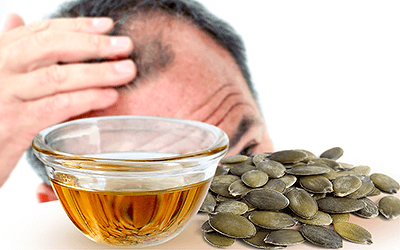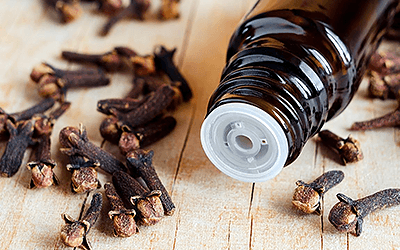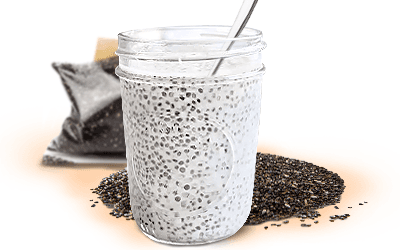For centuries, lemon balm has been celebrated for its calming effects. While it's often brewed into a relaxing tea, recent scientific findings have begun to explore how this fragrant herb may also benefit cardiovascular health. A 2024 meta-analysis sheds light on lemon balm's potential to support healthier lipid levels, offering an accessible, plant-based solution for modern concerns like high cholesterol and triglycerides.
The Study
In the first meta-analysis of its kind, researchers compiled data from five randomized controlled trials involving a total of 302 participants. Each trial examined the effects of lemon balm, administered in various forms such as extract, powder, or tea, on four critical markers of lipid health: total cholesterol (TC), low-density lipoprotein (LDL or "bad cholesterol"), high-density lipoprotein (HDL or "good cholesterol"), and triglycerides (TG). These studies included patients with a range of metabolic conditions and followed them for periods ranging from 8 to 24 weeks.
The Results
Lemon balm consumption led to significant reductions in total cholesterol, LDL, and triglycerides when compared to a placebo. These improvements were consistent across the studies and robust even when subjected to sensitivity testing. Interestingly, HDL levels did not show a statistically significant change.
The absence of adverse effects across all studies supports lemon balm's safety profile.
What Does this Mean?
The consistent lipid-lowering effects observed in this study suggest lemon balm could help manage dyslipidemia. Its richness in polyphenols, especially rosmarinic acid, may help regulate fat metabolism by influencing genes and enzymes involved in lipid production and breakdown. While it's not a replacement for prescribed medications, lemon balm could complement lifestyle changes in those seeking natural support for heart health.
In practical terms, incorporating lemon balm into your daily routine could be as simple as drinking a cup of tea or using a supplement under professional guidance. It's particularly promising for people looking for gentle alternatives with minimal side effects.
For those exploring natural ways to support healthy cholesterol levels, other plant-based foods like flaxseed, oats, garlic, and artichoke leaf extract have shown similar lipid-lowering potential.
Sources
- BMC Complementary Medicine and Therapies, Effects of Melissa officinalis (lemon balm) consumption on serum lipid profile: A meta-analysis of randomized controlled trials, 2024
Footnotes:
- Journal of Ethnopharmacology. (2016). Melissa officinalis L. - A review of its traditional uses phytochemistry and pharmacology. Retrieved March 28, 2025, from https://www.sciencedirect.com/science/article/abs/pii/S0378874116302732




